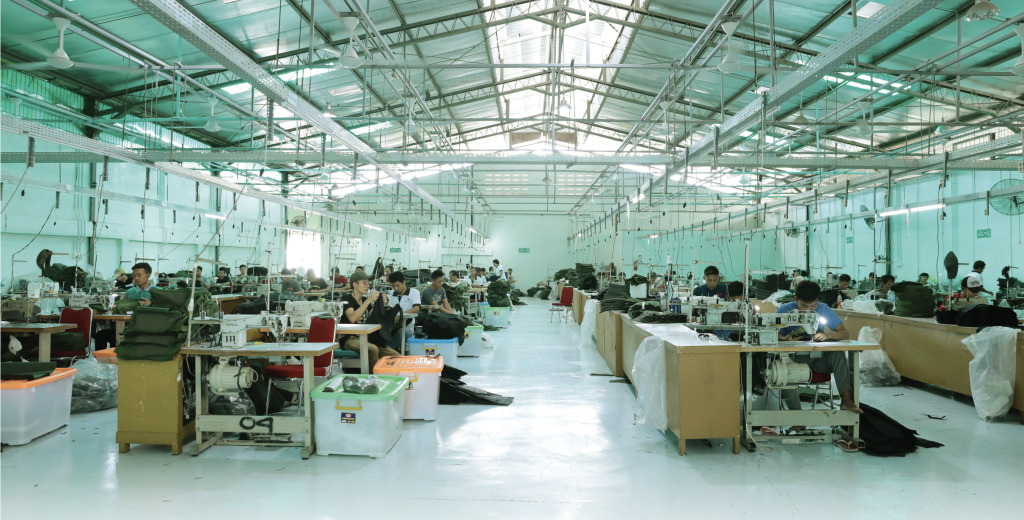
Labor Unions feel left out
In my own view, the MK has come to an appropriate decision considering how the omnibus method which underpins the Job Creation Law formation is not dealt with in Law 12/2011 on the legislative process. Furthermore, the public was not involved in the process, as mandated by Article 96 of the aforesaid law.
Even though the Coordinating Economic Minister issued a decision on the formation of a team to draft the manpower cluster of the Job Creation bill, consisting of labor unions, businesspeople and the Government, the team did not in fact bother to share the draft, because it had been submitted to the House by that time. When the deliberation of the bill by the House was postponed at the request of the President, there was a recommendation that the draft be withdrawn, so it could be discussed by the team, but the Government demurred. Thus, the draft used as the reference was the one crafted by the Government, the Indonesian Chamber of Commerce and Industry (Kadin) and the Indonesian Employers Association (Apindo).
The National Tripartite Cooperation Institution (LKS Tripartit), established through Government Regulation (PP) 8/2005 jo. PP 46/2008 jo. PP 4/2017, is tasked with advising the President and related parties in regard to employment matters; it also failed to carry out its functions properly, resulting in its absence from the discussion of a labor cluster for the Job Creation Law. The President never received any recommendations from LKS Tripartit.
By not involving the public, it is no wonder that the law was rejected by members of the public, and resulted in a judicial review fled by various elements of society.
Labor unions, from unit, federation to confederation levels, submitted a judicial review on the formal and material aspect of the law, as they were concerned that it would weaken their normative rights, especially those governed by PP 35/2021 on a temporary employment agreement (PKWT), outsourcing, working hours and retrenchment, and PP 36/2021 on wages.
The provisions in Job Creation Law jo. PP 35/2021 do in fact undermine worker protections, such as Article 59 on PKWT, which extends a temporary worker’s permitted employment period from three to a maximum of five years. Then, there is Article 66 on outsourcing, which no longer limits the job criteria that may be outsourced, as opposed to only supporting functions, as was the case under a previous law.
On retrenchment, the grounds for termination were expanded from 15 as per Law 13/2003 to a current 26, which makes it easier to dismiss a worker. One example, according to Article 46 of Law 35/2021, is when a company is petitioned by its creditors for suspension of debt payment obligations (PKPU), which many criticize as highly subjective and fear it can be taken advantage of by companies desiring to easily lay off workers.
The issue with a 2022 minimum wage has now created tension between labor unions, employers and the Government. Large demonstrations and strikes have been held to protest the formula for determining the provincial minimum wage (UMP) which was only bumped up by an average of 1.09%, well below the inflation rate. Four provinces — South Sumatra, North Sulawesi, South Sulawesi and West Sulawesi — did not even bother to raise their UMP.
Labor unions contest that such a meager increase will shrink the purchasing power of workers and ultimately impair their standard of living, along with that of their families.
If the formula, based on average consumption per capita, number of household members, number of working household members, and options between using gross regional product (GRP) or the inflation rate by province, is continually relied upon, I predict that the annual minimum wage increase will be persistently below the rate of inflation. And this will become a serious problem for the workers’ welfare. The amount of real wages they earn will continue to decline, wiped out by inflation, and they will fall through the cracks.
If the Government had only involved the labor unions in a meaningful way during the drafting process, instead of merely ramming through a oneway familiarization of the bill, and LKS Tripartit did its job, the law would have garnered more support and would likely have been accepted by all parties.

